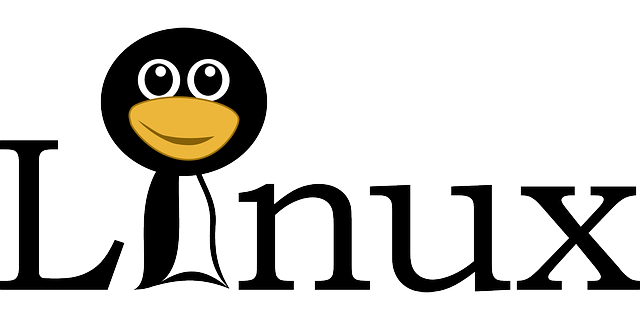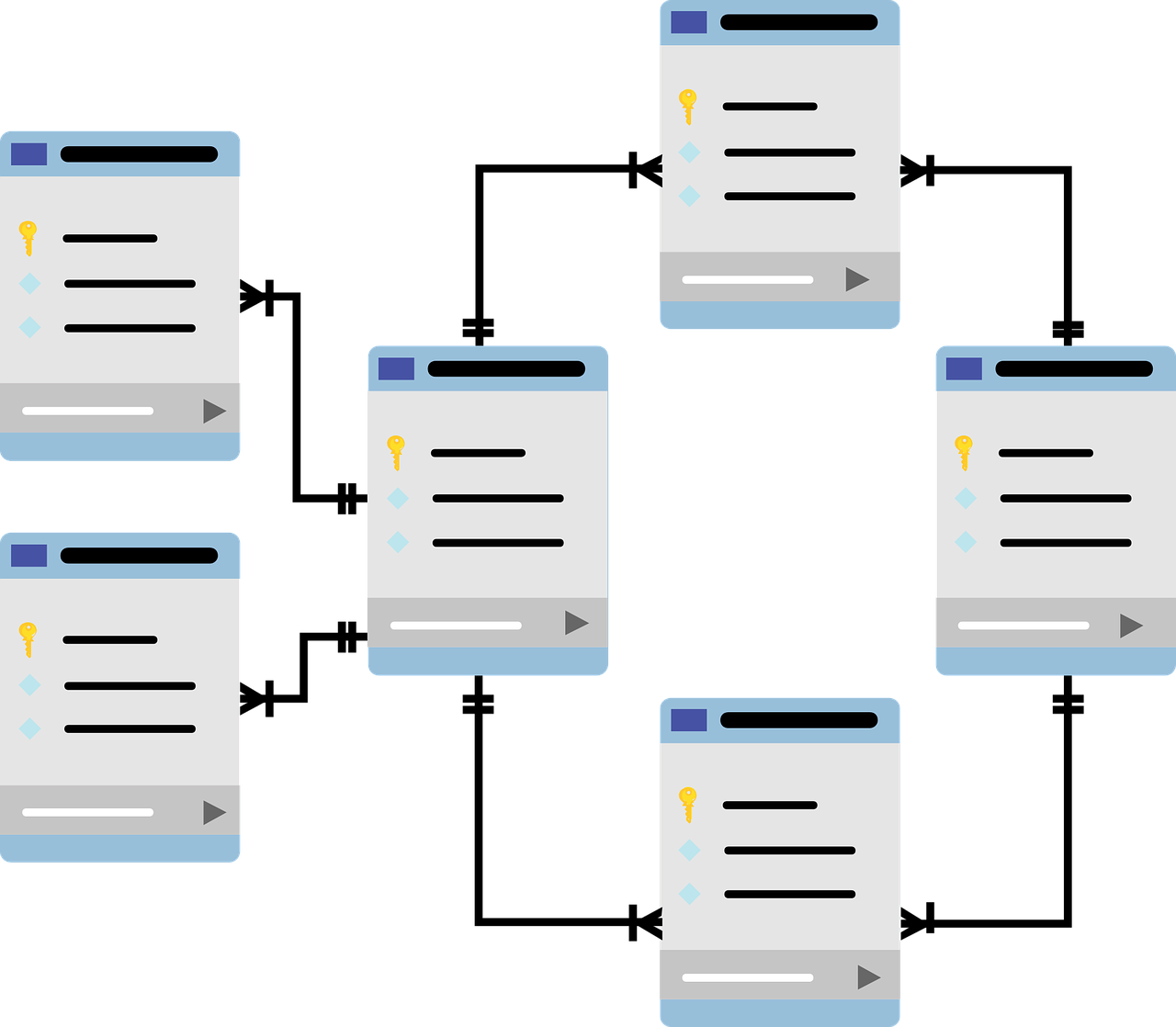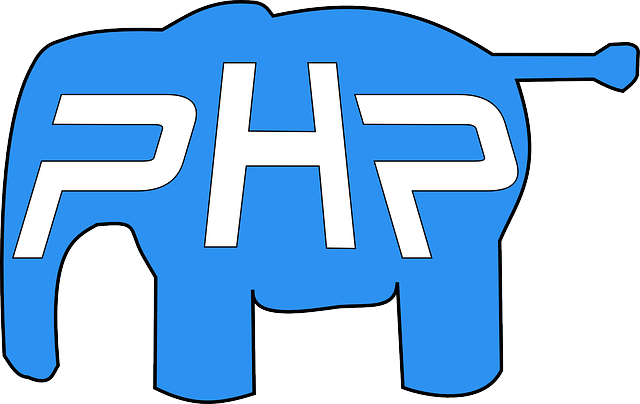OpenLampTech Report - What is the LAMP stack?
Built on time-tested open-source software, the LAMP stack is a popular choice in modern Web Development.
Thank you for being here and reading this OpenLampTech publication article.
What is the LAMP stack?
The LAMP stack is a well-established combination of 4 pieces of software that form one of the most robust web application architecture stacks.
LAMP is actually an acronym created from the 1st letter of the name of each of the 4 components it is built from:
Linux - The operating system.
Apache - The web server.
MySQL/MariaDB - The SQL relational database.
PHP - The scripting backend programming language.
LAMP Stack Overview
From powerful enterprise-grade web applications to hobby blog sites and anything in between can be - and has been - built on the LAMP stack.
The LAMP stack is built entirely from open-source software, making it a solid choice with an active community behind it.
The LAMP stack efficiently processes both static and dynamic content.
LAMP stack additional reading
Role and function of the LAMP stack architecture components
You can learn more about the roles of each individual piece of the LAMP stack web development architecture in the next several sections.
Linux
Released in 1991, Linux is a free and open-source operating system (OS) and is one of the most popular OSs around.
Linux is highly configurable and customizable in comparison to both Windows and macOS.
As the base of the LAMP stack, the other 3 pieces of software - Apache, MySQL/MariaDB, and PHP - reside on the Linux OS.

Additional Linux reading
Apache
The Apache web server responds to website client requests (from a browser) and delivers web content (oftentimes a web page) through HTTP.
Many websites we visit online today are served by the Apache web server, which was released in 1995.

In my opinion, speaking more so from my own personal standpoint, Apache is the forgotten, unsung hero of the LAMP stack.
Without Apache, there is no LAMP stack (at least in this form - other web servers do exist E.g., Nginx).
Additional Apache reading
MySQL/MariaDB
Clarification: I'm including both MySQL and MariaDB together in this context. At one time, both of these relational database management systems (RDBMS) were pretty much interchangeable and drop-in replacements for one another. However, they have evolved into entirely different pieces of software and are far more separated now in their similarities.

All that said, you are just as likely to use MariaDB in a LAMP stack application as you would MySQL.
Data must be stored in order to persist for a website or application. The MySQL or MariaDB database handles this requirement (and more) for a LAMP stack web application.
By communicating with MySQL/MariaDB using the SQL query language, you can store, edit, retrieve, and remove data through specific commands.
MySQL was initially released in 1995 and has had many updates and improvements over the years.
Additional MySQL reading
PHP
HTML is a static language used to create web page markup (or structure). However, HTML is not capable of any kind of dynamic processing.
PHP is a server-side scripting language that you can use to inject (termed loosely here) database content - among other information - into an HTML page, creating dynamic web content.
Although PHP serves many purposes, working with HTML markup is one of the more common ones. With PHP, you can include dynamic data in specific parts of an HTML page depending on different factors and requirements (i.e., user credentials, page type, database content, etc…).

PHP was first released in 1994 and remains a staple programming language in web development, used in many popular frameworks.
Additional PHP reading
I hope you enjoyed this OpenLampTech publication article. Please share with others who may be interested as well. Thank you 🙏
Take care.
Joshua Otwell
Visit my developer blog, Digital Owl’s Prose, where I write regularly on CodeIgniter, PHP, WordPress, and SQL.
Want to support this newsletter and my work? Drop some spare change in my Tip Jar.💰



Great overview of some important web languages!